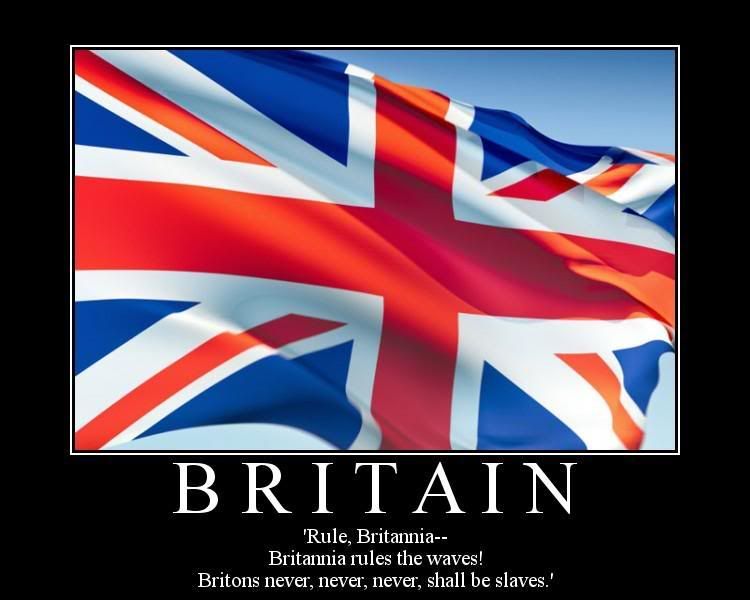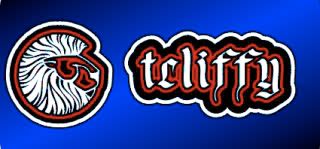Rich wrote:kthomp wrote:britain consists of England, Scotland and wales
where as the UK is England, northern Ireland, Scotland and Wales

Hmmm. I thought that Britain consisted of England and Wales, and Great Britain was England, Wales and Scotland. Have I been wrong all these years????

Rich

let me toss my $.02 in on this (even though it's not needed

)
Largest to smallest...
The British Isles: geographic term
This refers to the archipelago of islands north of France: the smaller island of Eireann (Ireland) and the larger of Great Britain--as well as the Isle of Man, Isle of Wight, Channel Islands, Orkney, Shetland, and the Isles of Sicily.
United Kingdom of Great Britain and Northern Ireland: political term
The nation that encompasses ALL of Great Britain (the big island) and the top fourth of Ireland, as well as the Channel Islands, Orkney, Shetland, Isle of Wight, and the Isles of Sicily. The Isle of Man is...unique--not technically part of the UK (according to the OS, anyway).
Great Britain: political
and geographic name
"Great" Britain has been so-called since the Norman conquest to distinguish the large island from "lesser" Britain (Brittany), in present-day France. Remember that the Dukes of Normandy were also Kings of England post-1066--their holdings in France were "lesser" or "smaller" Britain. "Great" Britain is so-called because great ("magna" in Latin) simply indicated its superior size.
Great Britain as a political entity is the union of the Kingdoms of England, Scotland, and Wales. James I of England (VI of Scotland)--he of the King James Bible--was the first monarch to call himself "King of Great Britain" in 1604. He specifically asked Parliament for an inclusive term that would include both his homeland (Scotland) and his seat of power (England).
England, Scotland, and Wales:
The three nations that inhabit Great Britain. England is the largest and by far the most populous, but Scotland and Wales each have unique cultures--Scotland, in particular, has traditionally been aligned with France for political reasons. The 1707 Act of Union united England and Scotland (Wales has long been aligned with England--since the 1200s or so), but did not abolish them as unique nations...a bit like the states of the United States.
The Union Flag is a good symbol of the overlapping political identities of the nation (hence the name, "Union Flag" lol):

* England: the large + shaped red cross: the Cross of St George.
* Scotland: the white x on a field of blue: the Cross of St Andrew
* Ireland: the uneven diagonal red lines within the white bars of the St Andrew's Cross: the Cross of St Patrick (and a good way to tell if an artist hand-drawing the flag is really familiar with how it looks).
Wales is not represented on the Union Flag--but there are some ideas to address that:
http://upload.wikimedia.org/wikipedia/c" onclick="window.open(this.href);return false; ... oberts.png
http://upload.wikimedia.org/wikipedia/c" onclick="window.open(this.href);return false; ... _Wales.png
If you'd like to know more--WAY more--about the idea of "Britishness" and how the British identity relates to the "four nations", check out Norman Davies's
The Isles.


